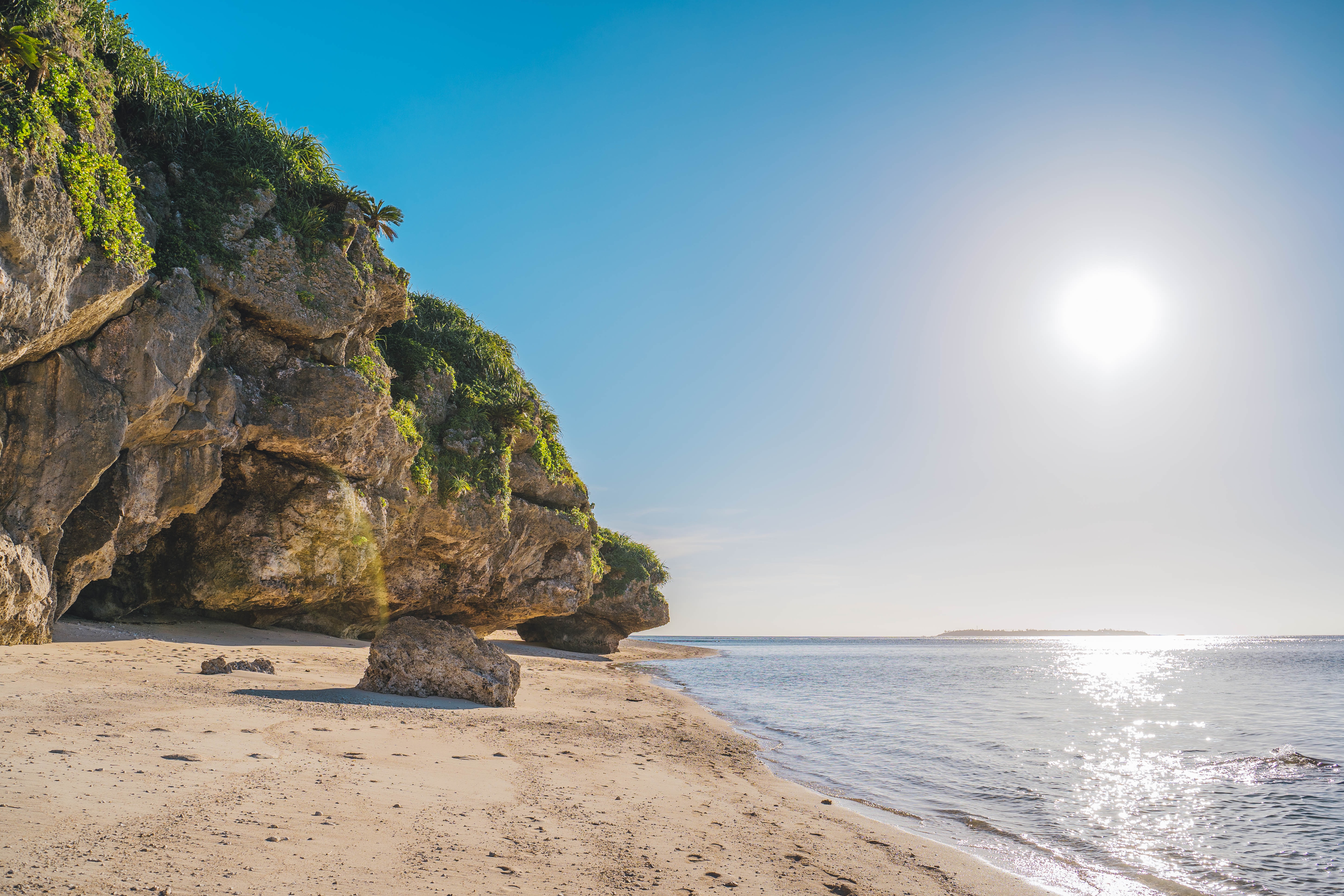Are You in Your Blue Zone?
Aug 23, 2022
Dan Buettner and his colleagues at National Geographic made a splash about twenty years ago with the concept of “Blue Zones”. Blue Zones are places where people live extraordinarily long and healthy lives, often living to 100 years of age at rates up to 10 times greater than in the U.S. The researchers identified five Blue Zones: Okinawa (Japan), Sardinia (Italy), Nicoya (Costa Rica), Icaria (Greece), and Loma Lina (California, USA).
Their work revealed that where you live and the lifestyle choices you make matter immensely. In fact, recent research suggests that environmental and lifestyle decisions account for upwards of 93% of your longevity, leaving just 7% for your DNA.
For most of us, the opportunity is less about moving to Japan or another official Blue Zone location and more about living in a place and following a lifestyle that optimizes the odds of living a long, purposeful, healthy, and financially secure life.
Are you living in your Blue Zone? If not, what’s holding you back?

Okinawa is one of five identified "Blue Zones" (Photo by Ryo Yoshitake on Unsplash)
Insights from Blue Zone Research and Beyond
The Blue Zone researchers found nine common themes (the “Power 9”) among the people living in designated blue zones:
- Moderate, regular physical activity
- Life purpose
- Stress reduction
- Moderate caloric intake
- Plant-based diet
- Moderate alcohol intake, especially wine
- Engagement in spirituality or religion
- Engagement in family life
- Engagement in social life
They also found some specific insights about each of the Blue Zones. Sardinia is remarkable in the way the society reveres its elders and models intergenerational activity. Okinawa stands out for its plant-based diet and portion control, sense of daily purpose, and ability to maintain very close relationships with a cluster of friends throughout life. Loma Linda is noted for its importance of faith (it’s a largely Seventh Day Adventist community), strong social network, and connection to nature.
More recently, other researchers have conducted more robust research to better understand the key drivers for living a long, healthy life. For example, researchers have found that loneliness – the subjective feeling that accompanies discrepancies between one’s desired and actual relationships – is as harmful as smoking 15 cigarettes a day and can increase the risk of premature death by as much as 30%. Social connections and enriching relationships keep us healthy.
We’ve also learned about the importance of purpose. Researchers have found that purpose – defined as the sources of meaning that are both goal-oriented and motivated by a desire to make a difference in the world beyond one’s self – is one of the best predictors of happiness. People who have a defined purpose tend to be both psychologically and physically healthier than those who do not. Individuals without purpose are more likely to suffer from depression, boredom, loneliness, and anxiety.

In some places, paddle sports are all the rage (Photo by Tomasz Paciorek on Unsplash)
Role of Place and Personal Choice
One of the key insights from the Blue Zone research is that the culture of where you live matters. To a large degree, we are influenced by the people around us. We’re even influenced by our friends’ friends’ friends. If our social network tends to be obese, we face a higher risk of obesity. If our social network is composed of happy people, we’re more likely to be happy. Our choice in a neighborhood, in effect, is a choice to be part of a social network, and therefore a choice about which characteristics we develop.
Place is a personal choice. It’s about aligning your values and priorities to find the best place for you. Lists like “Best Places to Live” or “Best Places to Retire” can be informative but it’s unlikely that the best place for you is part of such lists. To get to the right answer for you is often more complicated and complex.
Are You in Your Blue Zone?
You may be living in your perfect blue zone: you have a sense of purpose, are socially connected, physically active, maintain a healthy diet, and are financially secure – on top of living in a home that you have an emotional connection to and meets your physical needs.
For most of us, however, not every box is checked. In such cases, it’s worth taking a moment to assess what’s working and what’s not (the free Right Place, Right Time Assessment offers a helpful snapshot) and doing the work to explore what might be a better fit. Frequently, it may not require a move, just a better orientation to and rethinking of your current place.
For me, Okinawa is on my bucket list of places to visit. But what’s more important is for me to create my version of a Blue Zone in a place I call home.
Take the Right Place, Right Time Assessment
Are you in the right place for right now? This quick assessment will reveal opportunities to improve your life.
Subscribe to The Blog
We hate SPAM. We will never sell your information, for any reason.

